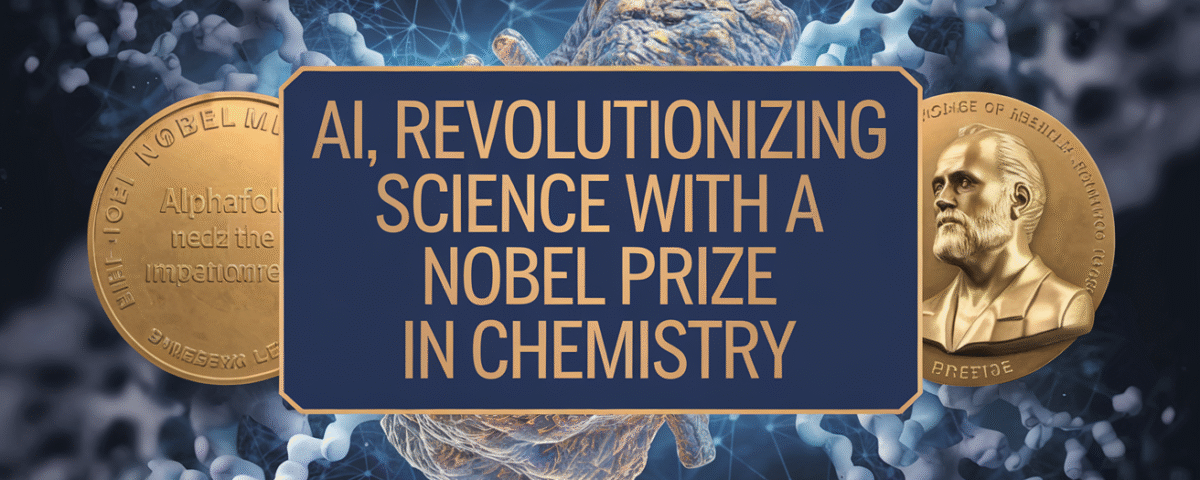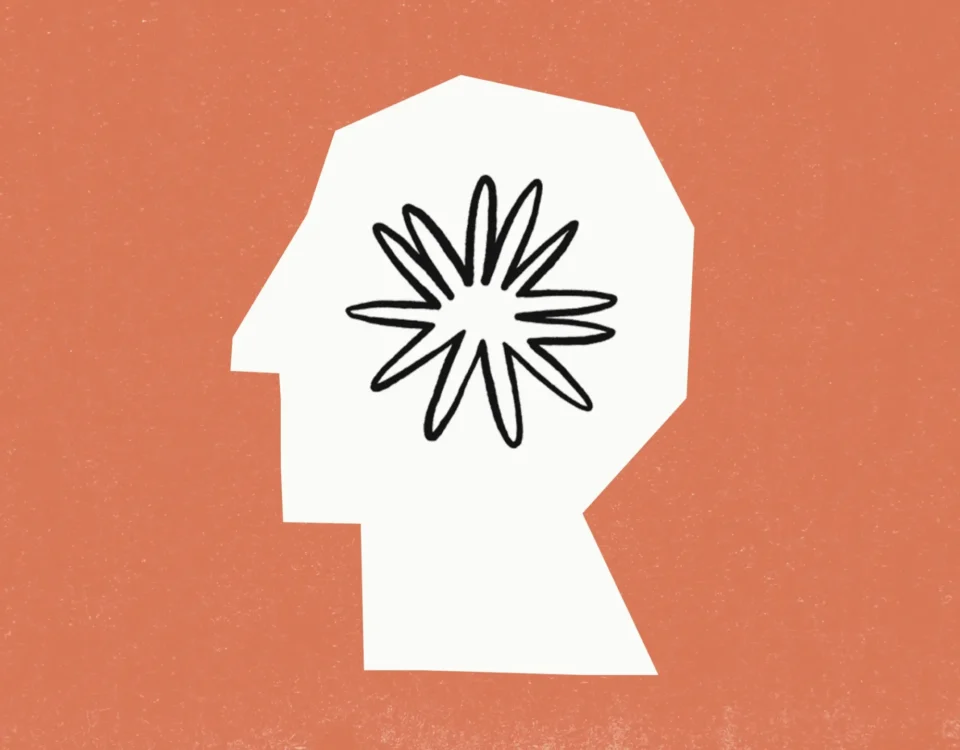The Best AI Tools for Filmmaking and Advertising
September 23, 2024In 2016, the AI program AlphaGo astonished the world by defeating Korea’s Go master, Lee Sedol, with a score of 4-1. This was a pivotal moment showcasing the immense potential of artificial intelligence, as it surpassed human capabilities in the complex, variable-rich game of Go. Developed by Google’s subsidiary DeepMind, AlphaGo’s success marked the beginning of the AI era, and the researchers at DeepMind promised even greater achievements to come.
Four years later, DeepMind fulfilled that promise. In 2020, they introduced AlphaFold 2, an AI program capable of accurately predicting the structures of proteins, which are essential components of all biological processes. Since the function of a protein is determined by its structure, understanding these structures is crucial for conquering diseases. AlphaFold 2, leveraging deep learning techniques, successfully predicted the structures of over 200 million proteins, solving a long-standing challenge that had hindered life sciences research for decades.
Prior to this, Professor David Baker from the United States had successfully designed new proteins using computer modeling. He created novel proteins tailored for specific applications, which sparked revolutionary advancements in biomedical research and healthcare.
These pioneering efforts in protein research by DeepMind and Professor David Baker led to their joint receipt of this year’s Nobel Prize in Chemistry. The fact that an AI research institution, rather than a traditional chemist, received the chemistry prize is considered a major breakthrough in the scientific community.
With AI researchers now winning both the Nobel Prize in Physics and Chemistry, the Nobel Committee has effectively acknowledged humanity’s entry into a new era of artificial intelligence. This award also recognizes the culmination of decades of AI research, tracing back to foundational machine learning work from the 1970s.
This Nobel Prize win serves as further evidence of AI’s transformative role in extending human capabilities and overcoming scientific limitations, leaving a significant mark on the history of scientific progress.



